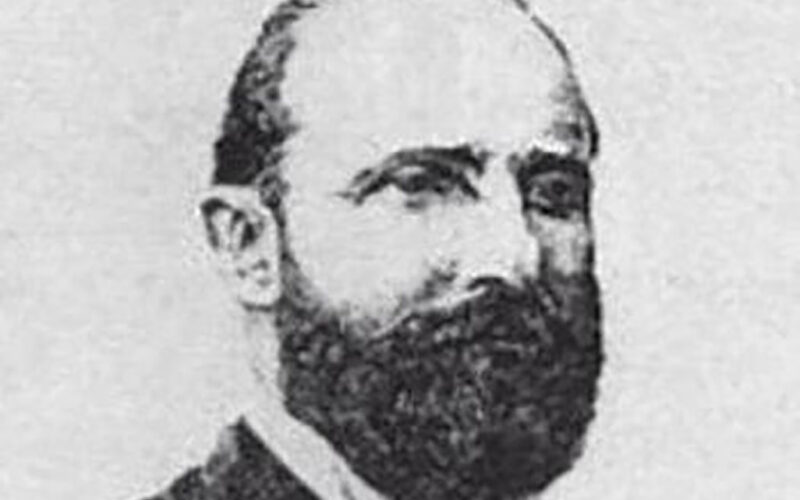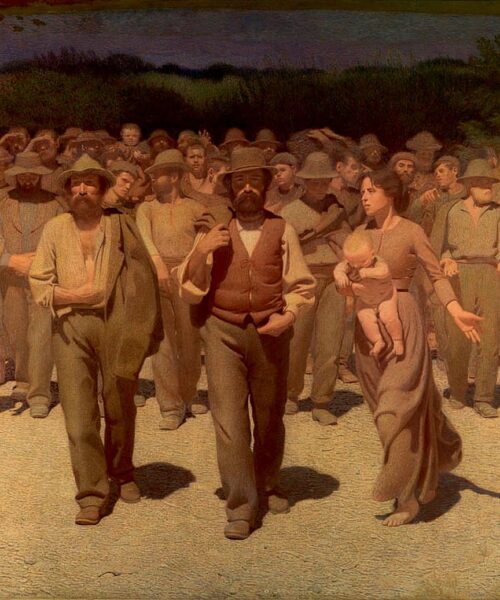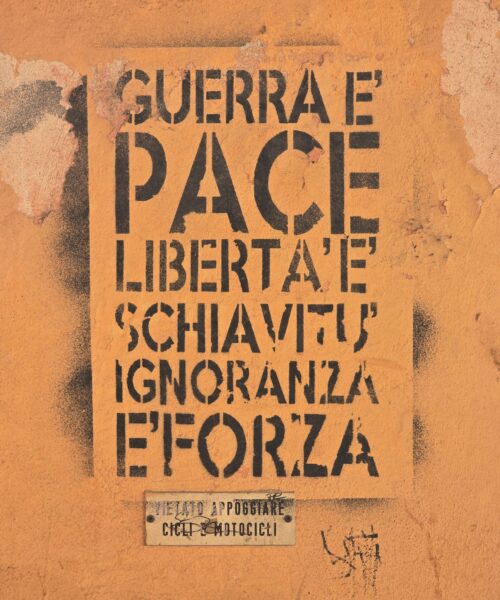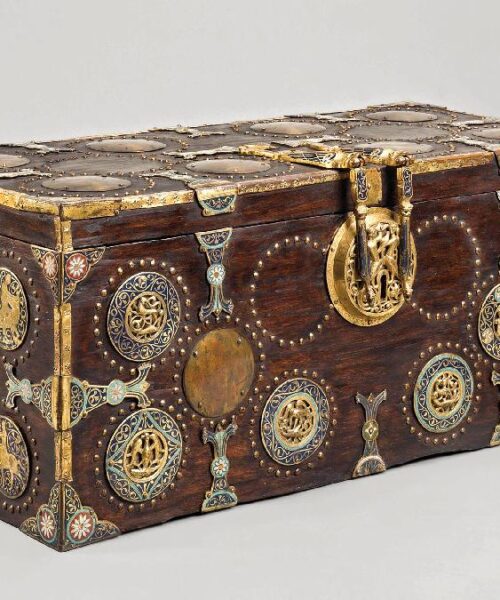In the early 19th century, in a modest home in Carovigno, Province of Brindisi, Salvatore Morelli was born, destined to become a tireless advocate for equality and justice. The product of the humble union between Casimiro, a state employee, and Aurora Brandi, a homemaker, Morelli would grow up to become one of the most progressive thinkers of his time.
Wrapped in the pulsating energy of Naples, where he had relocated to earn a law degree, Morelli soon found himself in the midst of a bubbling cultural melting pot. He frequented the salons of Giuseppe De Cesare and Giuseppina Guacci Nobili, engaging in stimulating discussions with personalities from the worlds of art, literature, and politics. It was also here that he became acquainted with the revolutionary ideas of Giuseppe Mazzini’s Young Italy and took up the challenging profession of journalism.
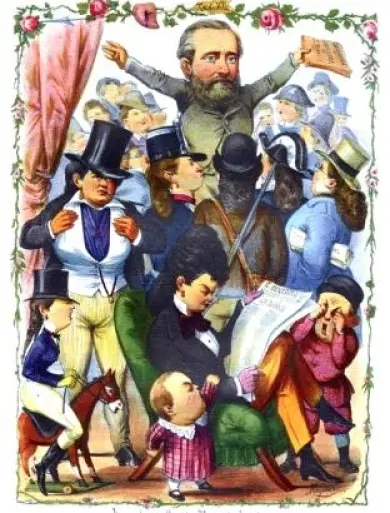
Returning to his native Puglian lands, he chose Lecce as his base for propagating his liberal and democratic beliefs. Here, he joined the National Guard of Carovigno, which had a short lifespan. However, his revolutionary fervor came at a high cost: for daring to burn a portrait of Ferdinand II, King of the Two Sicilies, in the square of his hometown, he was tried and sentenced to eight years in prison.
He was not discouraged by the walls of a cell or the brutality of his jailers. In Ponza and then in Ischia, enduring ongoing torture and humiliation, he found the strength to educate the island’s youth and to remain in contact with other political prisoners. While under house arrest in Lecce, staying with the Greco family, he wrote “La donna e la scienza considerate come soli mezzi atti a risolvere il problema dell’avvenire” (“Woman and Science Considered as the Only Means Capable of Solving the Problem of the Future”), a text that would gain great acclaim.
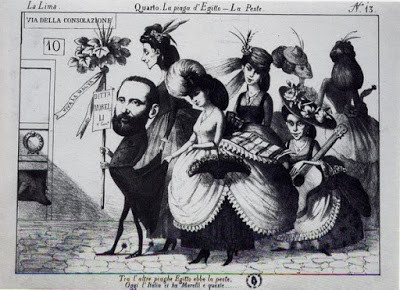
With the fall of the Bourbon regime, he regained his freedom and a new opportunity to give voice to his ideas. In Naples, his participation in political life was not limited to the publication of books or articles; as a city councilor, he dedicated himself to practical issues such as public education, hygiene, and infrastructure construction. But it was in the Italian Parliament, where he was elected as a deputy for four terms, that Morelli found the stage for his boldest battles: educational reform, the abolition of dowry as a requirement for military marriage, the introduction of administrative voting rights for women, and many more.
Morelli was a man of his time, yet also far ahead of it. While others considered equality of rights as just one link in a broader chain of social issues, he positioned it as an independent and central issue. Not an accessory, but the throbbing heart of a new vision for Italian society.
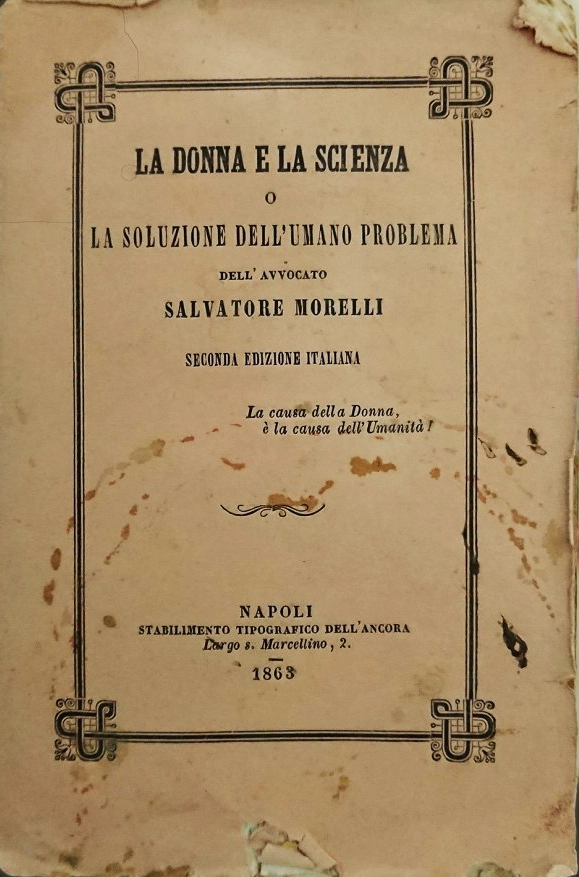
His commitment was underscored by a romantic view of women, seen as carriers of natural virtues and as pillars of family and social renewal. He fought for complete equality of rights, for the introduction of divorce, and for the protection of illegitimate children. Among the numerous laws he proposed, the one granting women the right to be witnesses in public and private acts was the only one to become law in 1876.
Salvatore Morelli is a name that deserves to be remembered. His commitment to a more just and equitable society is not only a legacy of the past but a warning for the present. In an era where women’s rights and equality are still debated issues, his story serves as a beacon, illuminating the path towards a future where such rights are no longer a matter for debate but a given reality.
In a world that seems to have forgotten how precious the fight for equality is, figures like Salvatore Morelli deserve to be brought out of the shadows and placed under the spotlight of collective memory, so that new generations may find in them the inspiration to continue the fight.

